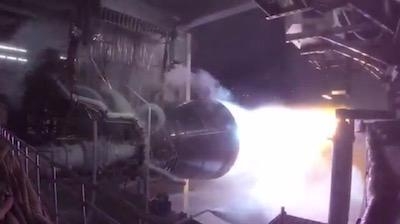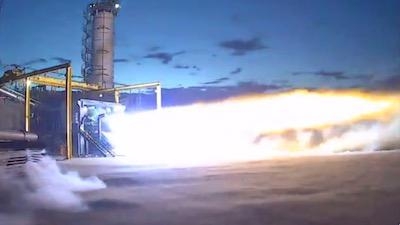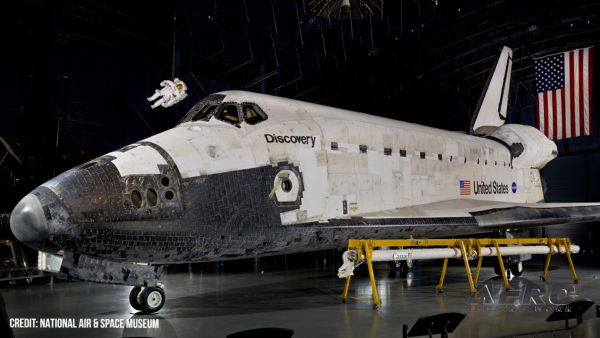Tue, Oct 24, 2017
Advertisement
More News
 Airborne 06.30.25: US v ADS-B Misuse, Natl STOL Fire, Volocopter Resumes
Airborne 06.30.25: US v ADS-B Misuse, Natl STOL Fire, Volocopter Resumes
Also: Netherlands Donates 18 F16s, 2 737s Collide On Ramp, E-7 Wedgetail Cut, AgEagle's 100th In S Korea The Pilot and Aircraft Privacy Act was introduced in the House by Represent>[...]
 Aero-News: Quote of the Day (07.06.25)
Aero-News: Quote of the Day (07.06.25)
“This delivery represents more than just a milestone. It symbolizes our shared commitment to national security and our unwavering support for the men and women who serve on t>[...]
 ANN's Daily Aero-Linx (07.06.25)
ANN's Daily Aero-Linx (07.06.25)
Aero Linx: Vintage Wings of Canada Foundation Vintage Wings of Canada is a not-for-profit, charitable organization with a collection of historically significant aircraft and is run>[...]
 Classic Aero-TV: Portrait of the Army Aviation Heritage Foundation
Classic Aero-TV: Portrait of the Army Aviation Heritage Foundation
From 2023 (YouTube Edition): To Preserve and Teach Incorporated as a non-profit domestic corporation in June 1997, the Army Aviation Heritage Foundation (AAHF) is a one-of-a-kind, >[...]
 Airborne-NextGen 07.01.25: Volocopter Returns, B23 Energic, Iran Tech In UAVs?
Airborne-NextGen 07.01.25: Volocopter Returns, B23 Energic, Iran Tech In UAVs?
Also: Air Taxis May Be Close, AgEagle Sells 100th, VAI Likes Bedford, AURA AERO Cleans Up Volocopter has resumed work towards the certification of its VoloCity eVTOL, this time und>[...]
blog comments powered by Disqus





